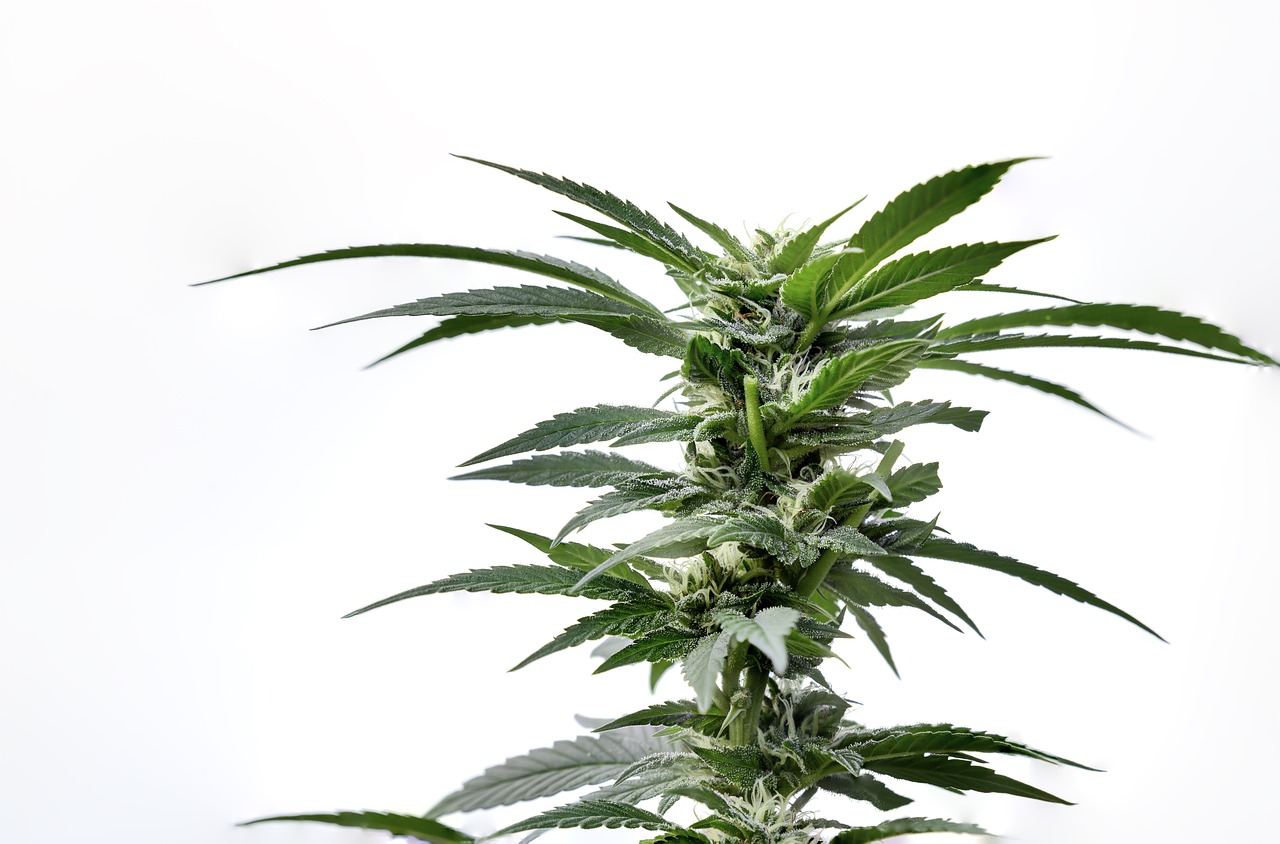Discover the Magic of THCA Flower
The world of cannabis is vast and varied, offering a plethora of options for enthusiasts and newcomers alike. Among the many forms of cannabis, THCA flower has emerged as a fascinating subject of interest. This article explores the unique properties, benefits, and uses of THCA flower, providing a comprehensive understanding of its potential.
What is THCA?
THCA, or tetrahydrocannabinolic acid, is a non-psychoactive cannabinoid found in raw and live cannabis. Unlike THC, which is known for its psychoactive effects, THCA does not produce a high. This makes it an attractive option for those seeking the therapeutic benefits of cannabis without the mind-altering effects.
The Science Behind THCA
THCA is the precursor to THC. When cannabis is heated through smoking, vaping, or cooking, THCA undergoes decarboxylation, converting into THC. This process is what activates the psychoactive properties of Herbal cannabis. In its raw form, THCA remains non-psychoactive, allowing users to experience its benefits without intoxication.
Benefits of THCA Flower
Research into THCA is still in its early stages, but preliminary studies and anecdotal evidence suggest several potential benefits:
- Anti-inflammatory Properties: THCA may help reduce inflammation, making it a potential option for those with conditions like arthritis.
- Neuroprotective Effects: Some studies indicate that THCA could have neuroprotective properties, which might be beneficial for neurodegenerative diseases.
- Anti-emetic Benefits: THCA may help alleviate nausea and vomiting, particularly in patients undergoing chemotherapy.
- Appetite Stimulation: Like THC, THCA might stimulate appetite, which can be helpful for individuals with eating disorders or those undergoing treatments that suppress appetite.
How to Use THCA Flower
There are several ways to incorporate THCA flower into your routine:
- Raw Consumption: Add raw THCA flower to smoothies or salads to enjoy its benefits without psychoactive effects.
- Juicing: Juicing raw cannabis leaves and flowers is a popular method to consume THCA.
- Tinctures and Topicals: THCA can be infused into tinctures or topicals for localized relief.
Case Studies and Research
While comprehensive clinical trials are limited, several studies have highlighted the potential of THCA:
- A 2013 study published in the British Journal of Pharmacology suggested that THCA might have anti-inflammatory properties, which could be beneficial for conditions like Crohn’s disease.
- Research from the University of Guelph in 2017 indicated that THCA might have neuroprotective effects, offering hope for those with neurodegenerative disorders.
Legal Considerations
The legal status of THCA flower varies by region. In some areas, it is considered legal due to its non-psychoactive nature, while in others, it falls under the same regulations as THC. It’s important to research local laws before purchasing or using THCA products.
Consumer Experiences
Many users have shared positive experiences with THCA flower, noting its subtle effects and therapeutic benefits. Some report improved mood and reduced anxiety, while others appreciate its ability to alleviate pain without the high associated with THC.
Conclusion
THCA flower offers a unique opportunity to explore the benefits of cannabis without the psychoactive effects. With its potential anti-inflammatory, neuroprotective, and anti-emetic properties, it holds promise for a variety of therapeutic applications. As research continues to unfold, THCA may become a valuable component of holistic health practices.
